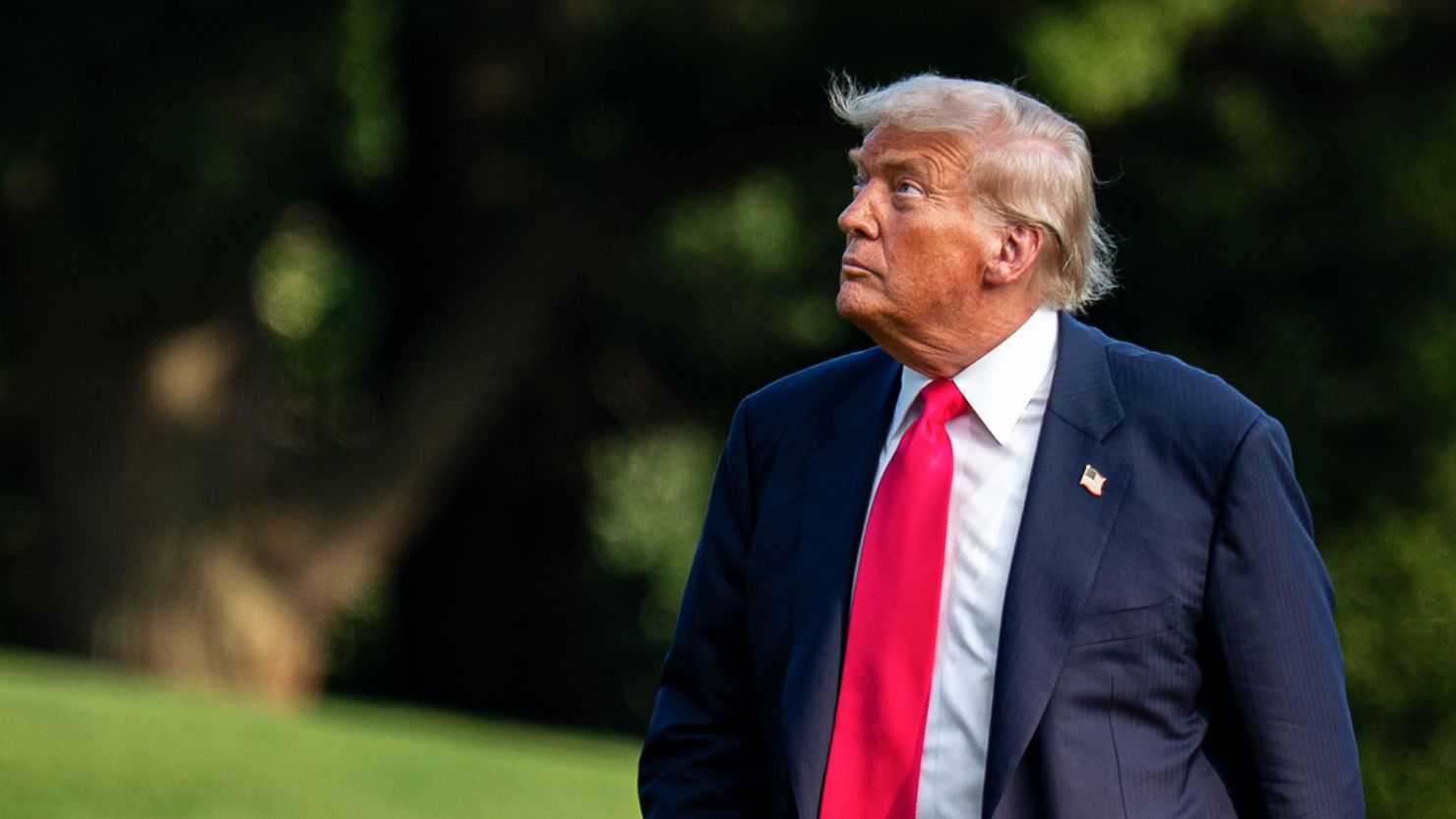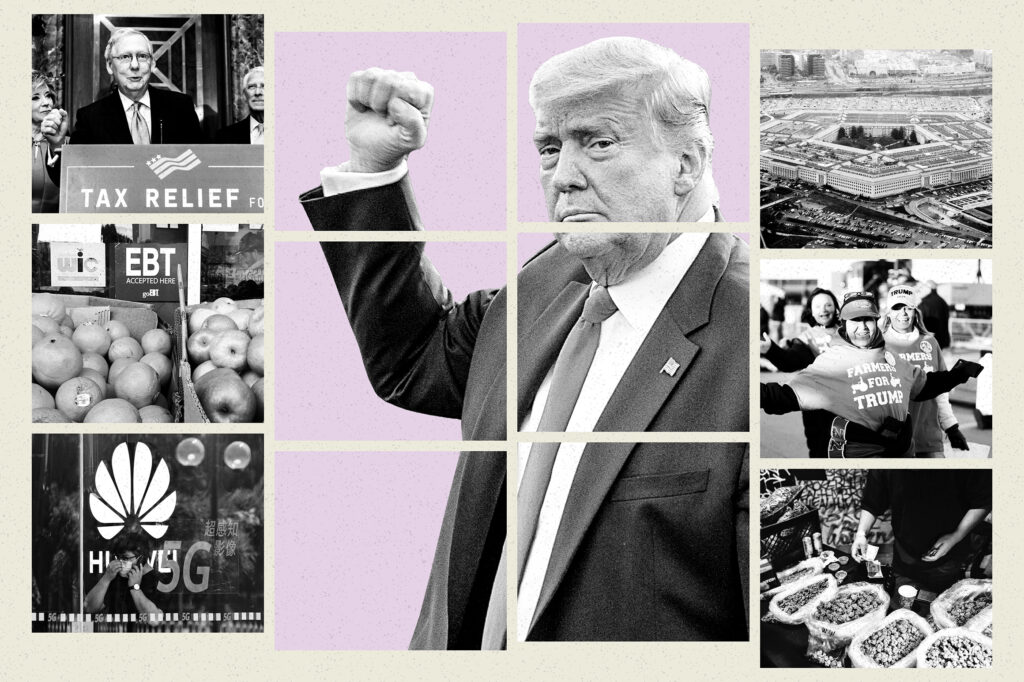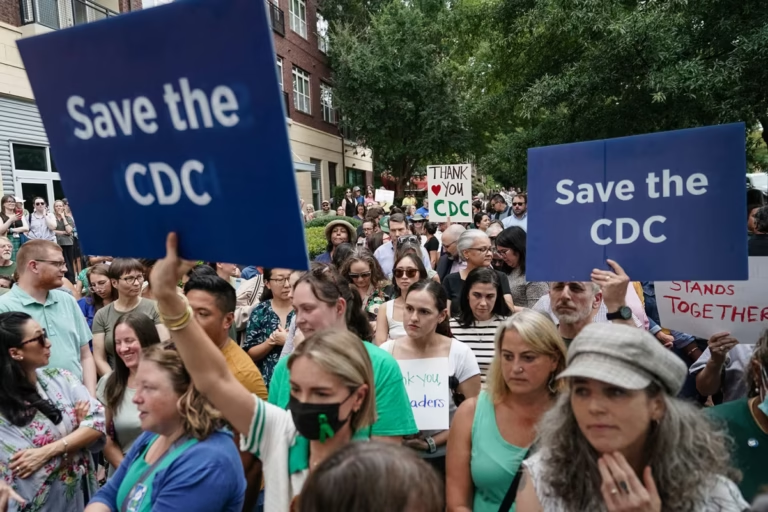
Ex-President Donald Trump has always been associated with controversy, but recent weeks have revealed a concerning trend of explosive reactions, erratic speech, and emotional instability that seems to be affecting how the public views him. With the 2024 U.S. election cycle ramping up, polls indicate Trump is having difficulty regaining his previous momentum, and experts cite his growing unpredictable conduct as a major factor.
Throughout various prominent campaign events and televised discussions, Trump has consistently attacked those he views as adversaries — such as judges, past associates, and even other Republicans. His outbursts on Truth Social, frequently shared during late-night or early morning hours, have featured capitalized rants, conspiracy-filled allegations, and personal insults. This transition from bold assurance to regular unrest indicates a candidate progressively misaligned with both moderate conservatives and undecided independents.
A recent Gallup poll indicated that 61% of registered voters consider Trump “too unstable” for public office — the highest percentage in his political history. Independent voters, a crucial group in battleground states such as Arizona, Michigan, and Georgia, have become particularly cautious about his tone. Certain former backers claim his message has become unfocused, shifting towards grievance-driven politics instead of providing meaningful policy guidance.

Even within his MAGA supporters, fractures are starting to appear. A group of voters associated with America First ideals is subtly considering other potential leaders like Ron DeSantis or Vivek Ramaswamy, expressing worries over Trump’s capability to “lead without distractions.”
Political strategist Maria Langley indicates that Trump’s actions are not only estranging independent voters but also draining his fundamental support. “Individuals are worn out by the disorder,” she states. “They seek answers, not distractions.”
Adding to the complexity is Trump’s ongoing legal vulnerability, as numerous indictments and civil lawsuits capture attention in the news. Rather than discussing policy, much of his public speaking is currently devoted to self-defense — which some view as a campaign centered on retribution, rather than on leadership.
In conclusion, Trump’s low polling numbers are not accidental.
They embody the accumulated burden of public frustration with a candidate who previously thrived on unpredictability — but now sees it as a disadvantage. If Trump doesn’t adjust and restore a vision-oriented narrative, his route to a second term may continue to narrow significantly


